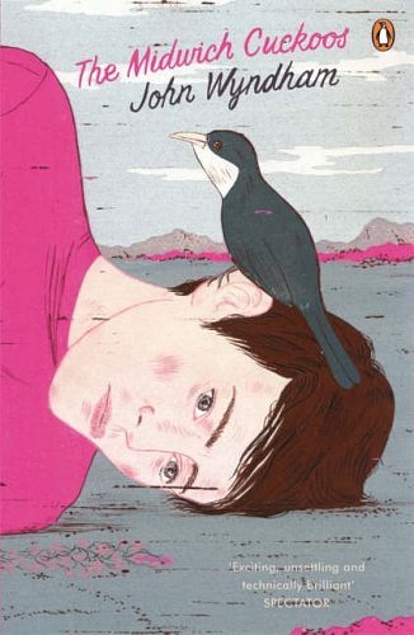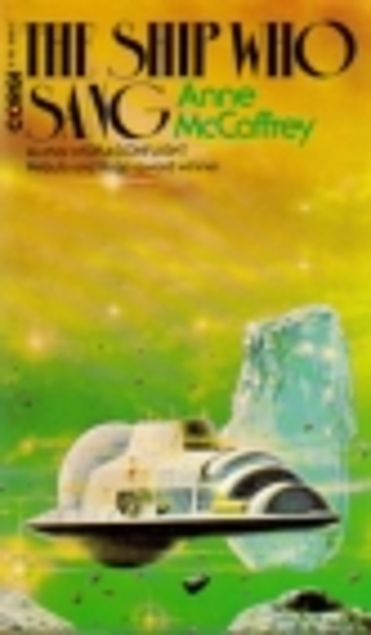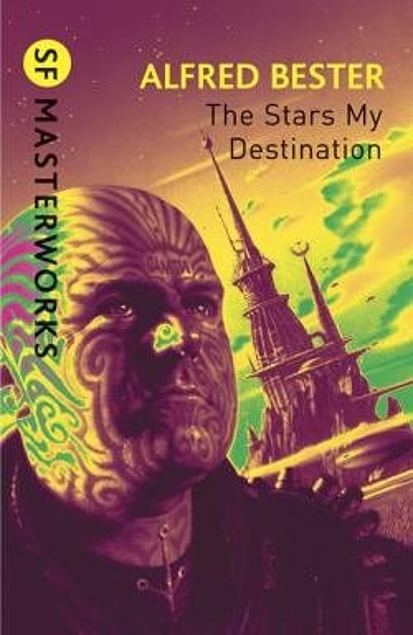John Wyndhan "The Midwich Cuckoos" (Penguin)

An intelligent and thought-provoking slice of 1950s Cold War-influenced British science fiction. I enjoyed the bourgeoise village life evoked by John Wyndham. That said the book does also show its age: not only are the female characters all underdeveloped, but they also are generally too distracted, and/or besotted by the Children (the Cuckoos of the book's title), to contribute anything meaningful to the more weighty discussions of the male characters.
It is actually the discussions, and there are plenty of them (perhaps too many?), that is what makes the book interesting. The village's resident philosopher, Zallaby, spends pages pontificating about the moral implications of the Children. These discourses embrace evolution, politics, anthropology, power and authority, and philosophy. Some of these discussions are a bit overcooked and I felt the story could probably have been told in about half the total word count.
The ending, which is signposted a good few pages before the last page, is too neat, and I would have preferred a more ambiguous conclusion. One where the reader is left to consider the implications of the Children reaching maturity and what that might mean for the human race. Instead, we end the book very much as we start it with Midwich being, quite possibly, the most boring and uneventful place in the UK. Still, there is much to enjoy, and plenty of food for thought in this sci-fi classic.

An intelligent and thought-provoking slice of 1950s Cold War-influenced British science fiction. I enjoyed the bourgeoise village life evoked by John Wyndham. That said the book does also show its age: not only are the female characters all underdeveloped, but they also are generally too distracted, and/or besotted by the Children (the Cuckoos of the book's title), to contribute anything meaningful to the more weighty discussions of the male characters.
It is actually the discussions, and there are plenty of them (perhaps too many?), that is what makes the book interesting. The village's resident philosopher, Zallaby, spends pages pontificating about the moral implications of the Children. These discourses embrace evolution, politics, anthropology, power and authority, and philosophy. Some of these discussions are a bit overcooked and I felt the story could probably have been told in about half the total word count.
The ending, which is signposted a good few pages before the last page, is too neat, and I would have preferred a more ambiguous conclusion. One where the reader is left to consider the implications of the Children reaching maturity and what that might mean for the human race. Instead, we end the book very much as we start it with Midwich being, quite possibly, the most boring and uneventful place in the UK. Still, there is much to enjoy, and plenty of food for thought in this sci-fi classic.






